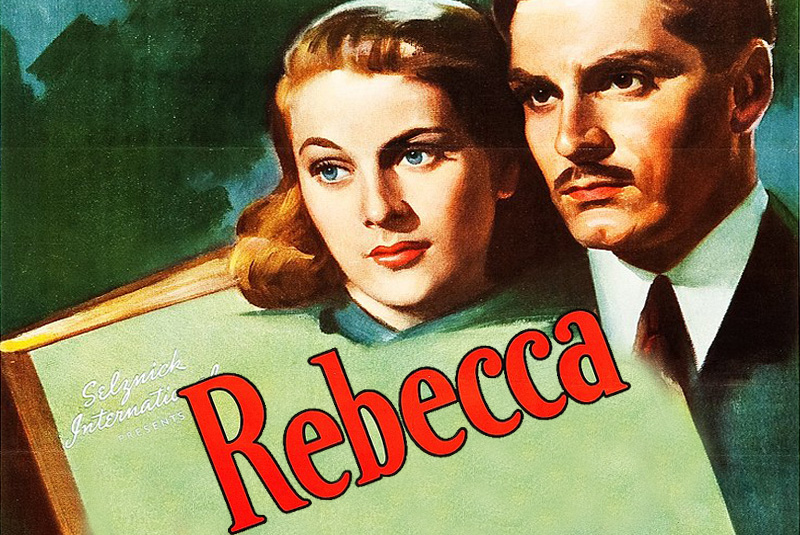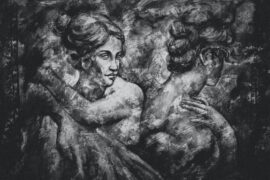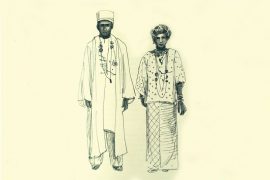Two criteria impart a movie the status of a ‘classic,’ according to film critic Ben Mankiewicz. First: the film needs to have some emotional resonance that lasts beyond its immediate viewing. Second: the movie has to have some sort of cinematic importance (Hare, 2019). Similarly, Christopher Hooton, writing in The Independent, argues that the term “‘Classic’ is a slippery term in film parlance, simultaneously referring to quality, cultural impact, technological breakthroughs, cult endurance and countless other factors.”
While it is difficult to come to a conclusive definition of a classic film, some films unequivocally seep into collective consciousness as cultural touchstones. One such film is Alfred Hitchcock’s Rebecca – the primary subject of our enquiry in this essay.
Rebecca, released in 1940, is an adaptation of Daphne du Maurier’s gothic romance novel of the same name which came out in 1938. The story follows an unnamed, inexperienced, young protagonist who falls in love with a rich widower, Maxim de Winter, in Monte Carlo; it is a whirlwind romance followed by a quick marriage.
We soon find out that Maxim de Winter is haunted by the ghost of his dead wife, the titular heroine, Rebecca. The rest of the story follows the new Mrs de Winter as she tries to navigate her new life in Manderley estate–the grand yet haunted residence of de Winter family.
-30-
Copyright©Madras Courier, All Rights Reserved. You may share using our article tools. Please don't cut articles from madrascourier.com and redistribute by email, post to the web, mobile phone or social media.Please send in your feed back and comments to editor@madrascourier.com











